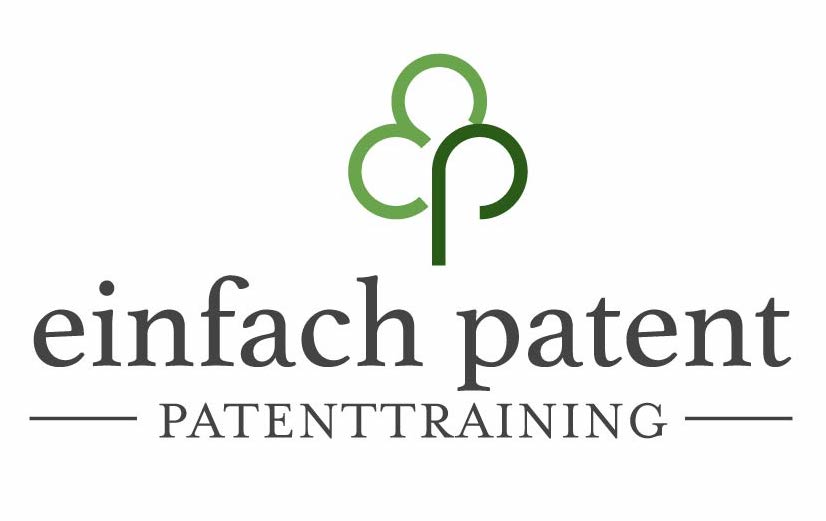I am an absolute beginner when it comes to taxes.
I’m just starting to deal with it. And already after filing my first input tax return, I encountered challenges.
I received a letter from the tax office saying:
“I ask you to copy the proof of this input tax by presenting the 3 highest incoming invoices in terms of amount and to attach a printout of the G/L account input tax.”
This raises several questions for me. What does “copying” mean? I suspect it says that I should keep copies of the invoices at home. Okay, hook on it.
Next question: What the hell is a G/L account input tax and how do I make a printout of it? Even after a bit of searching, I didn’t really get any smarter. I then called the tax office. I thought I understood, but I sent them the wrong thing. The second time it worked out (at least they didn’t get in touch again).
For me, “tax language” is as complicated as “patent language”.
At that moment, I was able to put myself completely back in the position of someone who is just starting out with patents. I myself was also there once. I myself had all these questions. Patents are like a world of their own with their own language. And you can learn that – like all languages. At least to the extent that you can “communicate in everyday life” – i.e. cope with it without stress in everyday working life.
Let’s take an office action . There are a lot of things in there that you can’t understand directly if you don’t know what they mean.
1. Example

Here, articles from the PCT (Patent Cooperation Treaty) are “thrown around”. And even if you look up the articles, it is as clear as mud, if you do not know the background.
What is a claim anyway? And what is “not new in the sense…”? What does that mean?
2. Example

Here it goes on cheerfully. In just one sentence, many questions arise:
What are dependent claims? What does referral back mean? What does inventive step mean? What does it mean that, in combination with the characteristics of a claim, they must meet requirements?
3. Example

What is a method claim? And what does it mean that the claim is independent?
“This objection applies in the same way”: Does this mean that it is the same here as in the claim before?
4. Example

Again some rules.
What does “disclosed” and “relevant” mean?
What is the state of the art?
What do they want from me? What should I specify where? I’m confused…
Result
If you don’t speak the language and have no support, you can feel quite overwhelmed.
In the end, you may have the impression that the office atcion is be devastating, your own idea is bad and anyway you did everything wrong. In addition, you have no idea what you should do to achieve a happy ending…
It’s like learning a new language. However, it is faster.
If you know the basics, you can deal with such situations more stress-free. You can better assess what is happening and how you can react to it.
The fact that you then also use the help of a lawyer is completely okay and makes sense. But at least you’re no longer overwhelmed.
I myself have learned the patent language over many years. And I can teach you.
If you are interested, please feel free to contact me. You can directly book a (free) get-to-know date with me 🙂




0 Comments